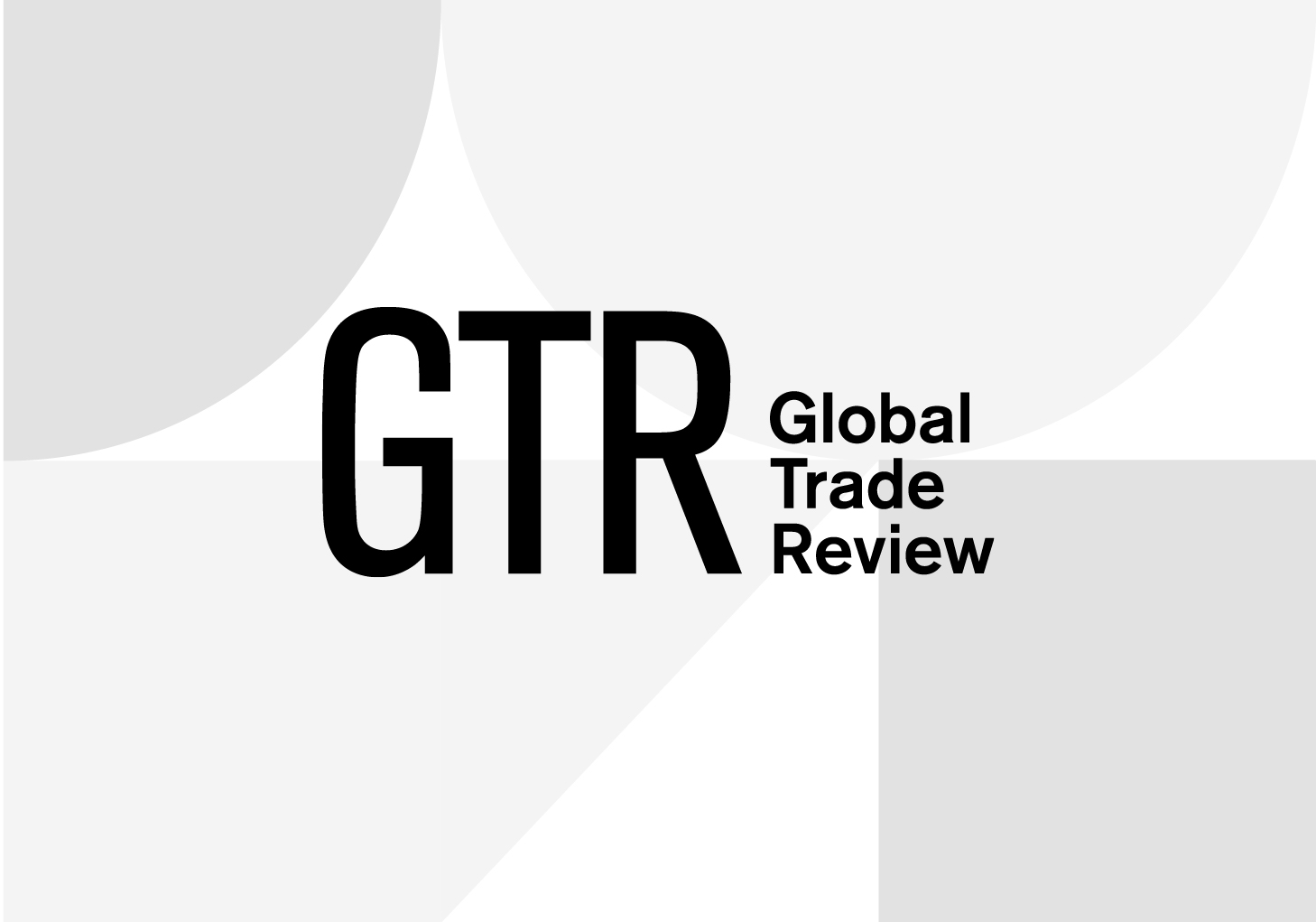Standard&Poor’s Ratings Services has assigned its ‘BBB’ senior unsecured debt rating to the Central Bank of Tunisia’s (foreign currency BBB/Stable/A-3; local currency A/Stable/A-1) upcoming euro-denominated Eurobond due 2020. The ratings on the bond are equalised with those on the sovereign.
The ratings on the Republic of Tunisia (foreign currency BBB/Stable/A-3; local currency A/Stable/A-1) are supported by the continued process of fiscal consolidation, and by the resilience of the current account to external shocks. The current account deficit remains at a low 3.0% of GDP, despite the sluggish growth in European export markets, the end of the multi-fibre agreement in January 2005 that put downward pressure on Tunisian textile exports, and the current high oil import prices.
“The general government deficit is expected to be a moderate 2.6% of GDP in 2005, and is projected to continue to decline thereafter,” says Standard & Poor’s credit analyst Luc Marchand. “As a result, general government debt, estimated at 59.6% of GDP in 2004, should decrease steadily in the next few years.”
Net public sector debt is projected to reach 67.3% of GDP in 2005, compared with a ‘BBB’ median of 36.4%.
Moreover, the economy remains partly dependent on agricultural production (12%-15% of GDP), merchandise exports to the EU, and tourism receipts. Tunisia has made great progress in upgrading the competitiveness of its industries through various government-sponsored catch-up programmes.
Nevertheless, further privatisation and liberalization are needed to meet increased competition. Finally, public and private banks still represent a significant contingent liability for the sovereign, because of the high rate of nonperforming loans and the sector’s exposure to tourism.
“The ratings on Tunisia could be raised if structural reforms are accelerated, or if institutional liberalisation is significantly advanced in the direction of a much-improved business environment,” says Marchand. “Conversely, if sustained slippage in reforms were to have negative effects for the investment climate, potential growth, and the budget, this would result in downward pressures on the ratings.”
With regard to Tunisia’s vulnerability to external shocks, Standard and Poor’s nevertheless considers this to be well mitigated by the authorities’ prudent policies that have enabled the economy and the budget to stay relatively insulated in the past.







